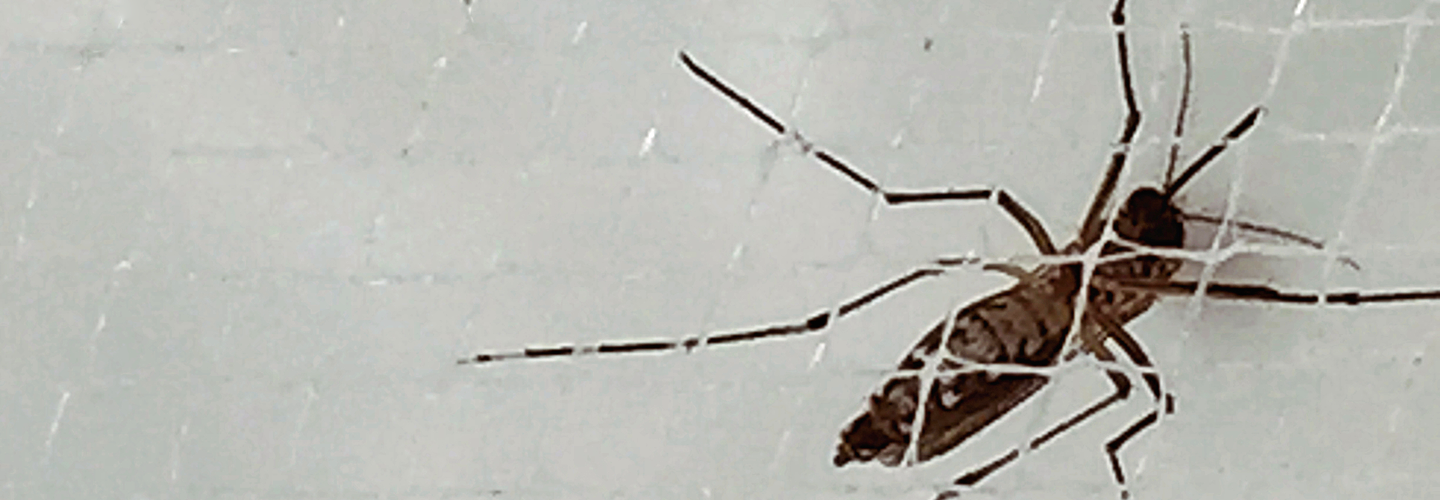As the number of locally transmitted Zika cases in Florida grows, people in Florida see themselves at greater risk of being infected with Zika than do others nationally. And a greater proportion of Florida residents, as compared with people living outside Florida, say that they have taken steps to protect themselves against Zika.
A new survey finds that 40 percent of people in Florida consider themselves to be at a moderate-to-high risk of being infected with Zika within the next six months, compared with 18 percent of other U.S. adults. And 47 percent of Floridians say they have done something to protect themselves from getting the mosquito-borne virus, compared with 26 percent of non-Florida residents.
The results come from an Annenberg Science Knowledge (ASK) survey from the Annenberg Public Policy Center (APPC) of the University of Pennsylvania. The national phone survey was conducted August 11-15, 2016 among a total of 1,475 U.S. adults, including an oversample of 517 Florida respondents. (For more on the methodology, see below.)

As of Aug. 18, the Florida Department of Health had reported 35 non-travel related Zika infections and 479 travel-acquired Zika cases. The total included 63 infections involving pregnant woman, who are considered the most at risk from the virus because the infection can cause microcephaly and other severe fetal brain defects, according to the Centers for Disease Control and Prevention (CDC). In the continental United States as of Aug. 17, the CDC reported 2,260 Zika cases, the vast majority travel-associated.
The survey found that compared with other U.S. adult respondents, Florida respondents were significantly:
- More familiar with news reports about Zika (85 percent vs. 78 percent);
- More aware that scientists think that one way to avoid Zika’s health effects is to protect against mosquito bites (59 percent vs. 44 percent);
- More likely to know about the CDC recommendation that pregnant women and their partners should not travel to a part of the U.S. that has had a number of cases of Zika (68 percent vs. 58 percent);
- More likely to know that the location of that CDC travel warning for pregnant women is within the state of Florida (84 percent of those Floridians aware of the CDC travel warning vs. 67 percent of those from outside of Florida aware of the travel warning).
Taking steps against Zika
People who said they have taken steps in the last three months to protect themselves from getting Zika were asked in an open-ended question what steps they have taken. Multiple responses were permitted. Compared with other U.S. adult respondents, Florida residents who reported taking steps to protect themselves from Zika were significantly more likely to say they have:
- Avoided activities or areas that would bring you in contact with mosquitoes (39 percent vs. 29 percent);
- Removed standing water outside your home (23 percent vs. 13 percent);
- Treated areas with insect spray or fogger where mosquitoes rest inside your home (17 percent vs. 8 percent).
However, among the people who have reported taking steps to protect themselves against Zika, Floridians were not significantly more likely to say they purchased or worn insect repellent. And few people in Florida or outside the state said they had used condoms or made sure their partner used condoms to avoid getting Zika. Since Zika can be sexually transmitted, the CDC recommends condom use for women of child-bearing age whose partners may have been exposed to Zika. Most people who get the virus do not show symptoms, the CDC says.
In an effort to increase and improve public knowledge about Zika, the Annenberg Public Policy Center has released “A Guide to Effective Zika Coverage” for reporters, editors, broadcasters, and others who are covering the outbreak. The guide is free and can be downloaded here.
This survey, conducted Aug. 11-15 by the research firm SSRS for the Annenberg Public Policy Center, included 1,475 total U.S. adults, including 517 Florida residents and 958 non-Florida respondents. The margin of error is +/- 5.4 percentage points for Florida respondents and +/- 3.9 percentage points for non-Florida residents. For more information, see the Appendix. To download this release, click here.
The Annenberg Science Knowledge survey, conducted since February, tracks public knowledge on Zika and other science issues related to public policy. APPC director Kathleen Hall Jamieson directs the ASK survey and APPC managing director of survey research Ken Winneg manages it. Recent news releases from the ASK survey include:

